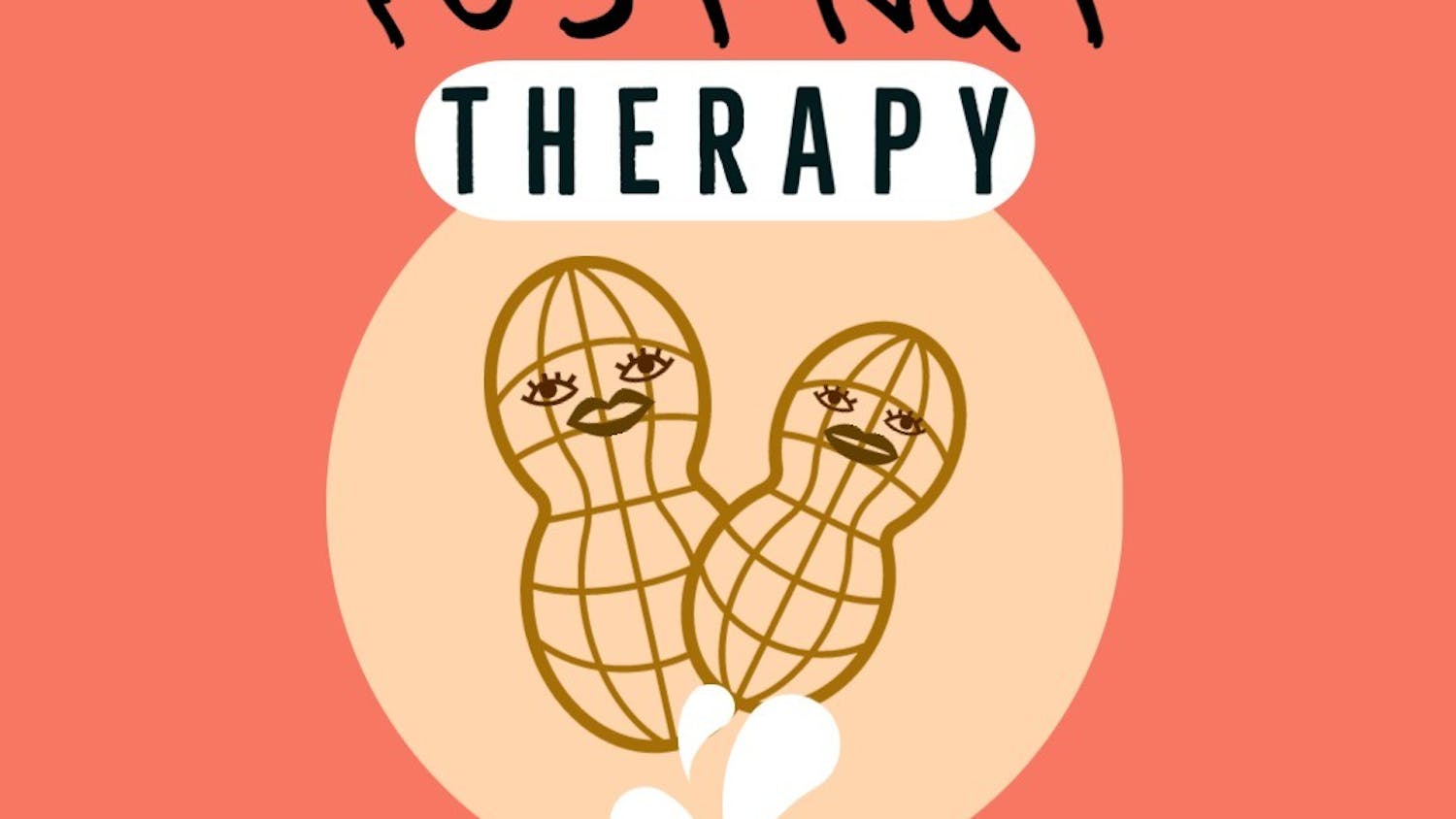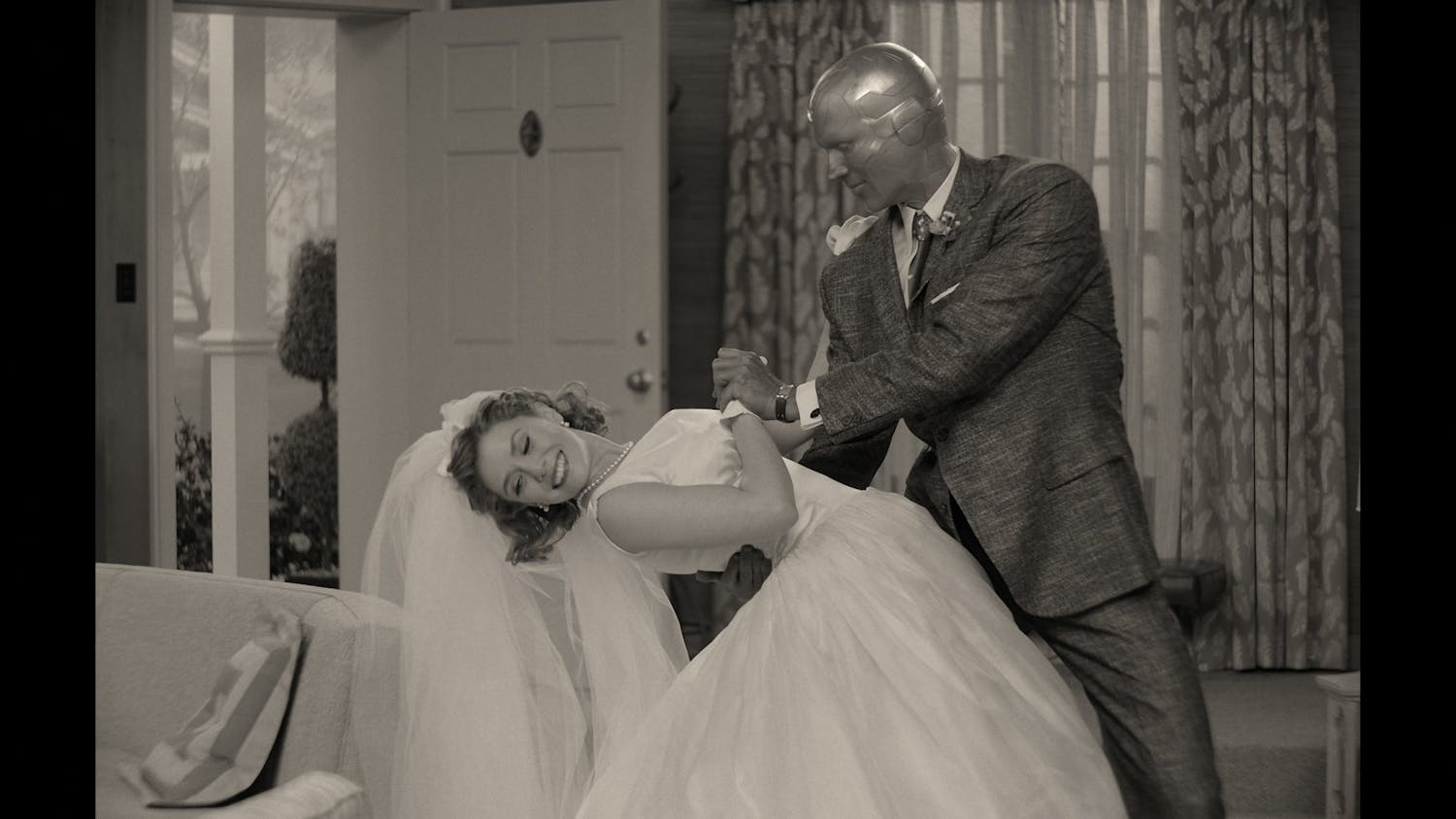Declaring one’s major can be intimidating for many college students. As young adults with limited experience in the real world, it can be hard to know what one will do for the rest of their life.
Students must not only consider what they are interested in, what they are good at and what jobs are available in the real world, but also how they can make a living doing what they want to do.
As our society undergoes rapid technological development, the skills universities around the nation value have evolved as well. Many universities now emphasize preparations for a career in STEM instead of the liberal arts education that many students historically pursued.
“We have thought about the ultimate mark of a good education as you get a job and you get a decent salary,” UW-Madison Professor Carol Ryff said.
A shift away from liberal arts
Although STEM degrees draw students with the promise of a good paycheck and ever increasing job opportunities for new graduates, they ignore the lifelong value of a liberal arts education, Ryff added.
This value is a matter of perspective, according to UW-Madison business professor Anne Miner.
“If I am 19, and my parents are on my case saying you better do something that gets you a real job,” Miner said. “It’s part of a general problem of the person at that point only sees this short term perspective.”
When a student is 19, they don’t have the life experience to place as much value in a class that teaches them about power and human complexity.
But after spending 10 or 15 years at a job and wanting to advance, they may find that understanding humans is just as important as their technical skills, she added.
There is a tendency of a pendulum shift to and from placing value of the benefits of a liberal arts education every couple decades, according to Adam Nelson, a professor of educational policy studies at UW-Madison.
“We emphasize liberal education when we recognize that even economic development requires more than just practical education. It requires a much broader view of society,” he said.
People who study the humanities are more able to deal with societal changes and have a richer quality of life, according to studies by the Andrew W. Mellon Foundation.
Even so, liberal arts degrees are being squeezed out of some college campuses across the US, especially among smaller two-year colleges unable to fund these programs.
Following a decrease in enrollment and subsequent loss in funding through student tuition, UW-Stevens Point came under fire in early 2018 when they proposed cutting 13 liberal arts majors — including history and English.
UW-Madison doesn’t have that problem — the Fall 2019 freshman class was the largest in university history.
While the university is known as a world-class research institute, students who graduate from the College of Letters and Sciences have employment rates similar to graduates from the School of Business or College of Engineering according to an alumni survey administered by the university.
Different majors, not always different skills
The disconnect between values offered by STEM versus liberal arts can come down to the culture surrounding certain majors.
“There are physical subcultures and often the students in the more math oriented subjects will sort of roll their eyes at teaching about organizational structure and motivations and things that are more tightly linked to psychology and sociology because they think: ‘Who can care about that?’” Miner said.
Liberal arts classes teach students how to write well and be able to express themselves at a level necessary to succeed in STEM related policy positions.
“If you know how to follow the direction of your corporate managers that’s great but if you’re going to be the corporate manager, you’re going to need to know how to foresee and understand social problems and solutions,” Nelson said.
It’s this way of thinking that is often fostered through a liberal arts education — as opposed to an education that focuses solely on professional skills.
People in technology fields had better conceptual and analytical skills if they took liberal arts classes, according to the same Mellon Foundation studies.
“Many people, in many places, including in medical schools and in big research universities are beginning to advocate for the importance of the arts and humanities, not as an end to themselves, but because of what they contribute to students who might want to major in a whole host of other fields,” Ryff said.
This doesn’t mean liberal arts students are inherently different than STEM field students; all students who are successful across majors have some inherent characteristics which liberal arts courses help foster, said history professor William Reese.
“A good history major has the same characteristics of a good major in any other subject. Are you intellectually curious? Do you love reading? Love analyzing and trying to sort out contradictory pieces of information as you make sense of major events?” Reese asked.
The point of a liberal arts degree is to form students into people who can think out a better world, he added.
“Young people need to read things that would fall under the heading of humanism, humanism is something you learn about if you have a deep exposure to the arts and humanities as an undergraduate,” Ryff said.
Following passion over paychecks
Viewing a college degree solely to market oneself to future employers is missing the mark, Nelson explained.
Instead, a university education prepares you to think creatively and make an individual contribution to society.
Parents sometimes worry about student loans and future earning, but pushing their children to pick a major based solely on money isn’t good for the student or the world.
“There’s nothing worse than young people who get forced into a career path that doesn’t feel right for them,” Ryff said. “I really believe that each of us has unique contributions to make and education helps us figure out what that might be.”
Everyone has different talents and abilities and not all students are focused on making a lot of money in their career — they want to make a difference and follow the path that aligns with their values, she added
“I don’t know anyone in the liberal arts who would say [economic value] is not important, but it’s the distinction of how you make a living or how you make a life,” Reese said.






